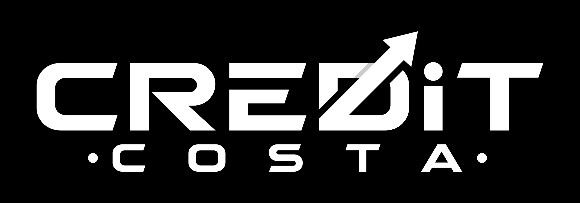Benefits of Home Sale Leasebacks
If you are considering a home sale leaseback, there are some substantial benefits to be aware of. Some of the advantages include:
- The ability to free up cash: If much of your wealth is tied up in home equity, you can sell your home to access that money for other purposes, such as investing or starting a business.
- Cushioning against real estate market downturns: If you think the value of real estate will fall in your area, selling your home to cash out the equity can make a lot of sense.
- No more homeownership costs: You can continue to stay put in your house while no longer having to worry about all of the costs of homeownership. You won’t have to be responsible for maintenance, homeowner’s insurance, or property taxes anymore.
- Quick closing: You don’t have to worry about finding a buyer, selling your house, and waiting for the transaction to close. Most companies offering home sale lease backs will buy your home quickly—usually in a matter of weeks instead of months.
Downsides of Home Sale Leasebacks
Despite the benefits, the many downsides of home sale leasebacks cannot be understated. Some of the negatives of home sale lease backs include the following:
- You no longer benefit from the appreciation of your home: If your home goes up in value, the company you sold it to benefits—not you.
- You have to pay some closing costs and fees. Costs vary by lender, but as with any home sale, you’ll need to cover some of the closing fees.
- You may not get to sell for the full value of your home. Selling your home to a regular buyer might provide you with more cash upfront for your house—but probably without the option to stay in it.
- Your rent payments no longer build equity. When you pay down a mortgage, you acquire more equity in your home and eventually will own the house free-and-clear. This is no longer possible after you have sold your home to a home sale leaseback company.
- Rent may be high. Generally, home sale leaseback companies claim they’ll charge you market rates to rent back your home. However, those rent payments may be more than the payments you were making on your mortgage, and you should also compare the rent you’re offered with rents in other local neighborhoods to make sure you’re being charged a fair price.
You need to think carefully about whether a home sale leaseback is worth all of these downsides or whether you might be better off with a home equity loan or simply listing your home on the open market. If you decide that a home sale leaseback isn’t worth it, you can check out our guide for other home equity loan alternatives.
Home Sale Leasebacks vs Reverse Mortgages
Both home sale leasebacks and reverse mortgages are methods for getting equity out of your home will still living in it. But they work differently.
- Reverse mortgages are only available to seniors. This isn’t the case for home sale leasebacks.
- More government regulations govern reverse mortgages, so there is less flexibility but more protection for homeowners
- You’re usually allowed to stay in your house for the rest of your life with a reverse mortgage, but that’s not always the case with a home sale leaseback
- Reverse mortgages may allow homeowners to obtain equity from their homes in a lump sum, through a line of credit, or through monthly payments. Home sale leasebacks usually provide a lump sum up front for the purchase of the home
If you aren’t yet a senior, only a home sale leaseback will be available to you. If you’re older, you’ll need to choose between a home sale leaseback, a good reverse mortgage, and other home equity products.
Bottom Line: Is a Residential Leaseback Agreement Right for You?
Residential leaseback agreements can be a good option if you need to sell your house but want to stay in it. You also benefit from no longer being responsible for ownership costs, like taxes and maintenance expenses. But the fact that you may not get the full value of your home could be a deal-breaker for some homeowners.
Make sure you carefully weigh the pros and cons before deciding a residential leaseback agreement is right for you.
